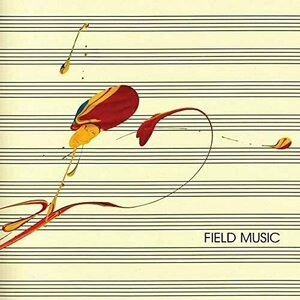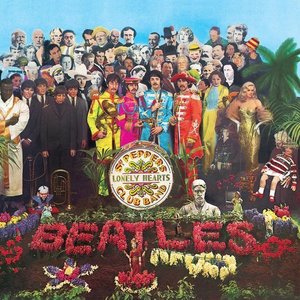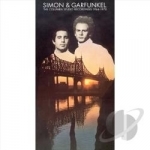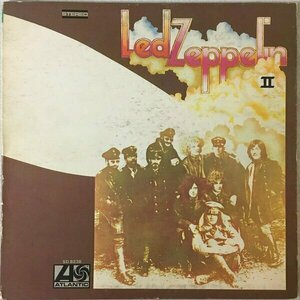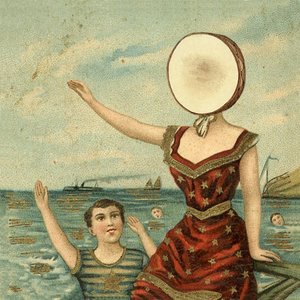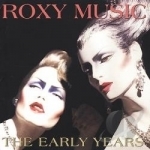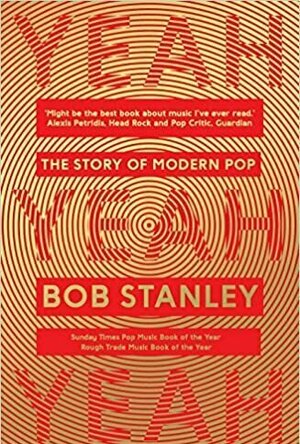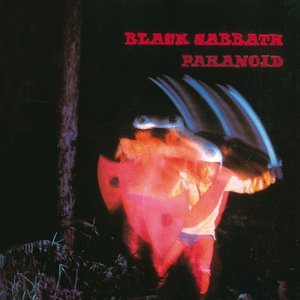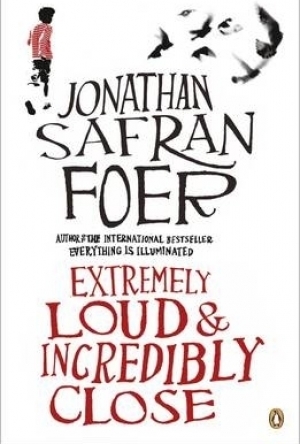Search
Search results
Marc Riley recommended Measure by Field Music in Music (curated)
Daniel Boyd (1066 KP) rated Sgt. Pepper's Lonely Hearts Club Band by The Beatles in Music
Nov 2, 2017
One Of The Most Influential Albums Of All Time
The reason that this album is so influential and important to everything that came after it is simple, it was the first true example of what we think of as a concept album today. The album opens with an introduction to what you are about to witness, which is something that had never even been considered before in music. Sgt Pepper’s Lonely Heart’s Club Band was also very meta for its time considering that the first song informs you of the members that this band is made up from and gives you a reason as to why they are performing these songs to you. Equally, ending the album with the Sgt Pepper’s Lonely Heart’s Club Band reprise brings the whole thing full circle, and this formula became what was adopted by concept all albums going forward, The Who followed the same structure, as did Pink Floyd and Green Day. Musically, the record continued where Revolver, (the previous album,) left off, engraining the Beatles as pioneers in psychedelic music. Songs such as, ‘Lucy in the Sky With Diamonds,’ and ‘Within You, Without You,’ where more far out than any other psychedelic musical piece had been before. Then you have tracks such as ‘When I’m Sixty Four,’ and ‘Getting Better,’ which utilize classical instruments normally found in orchestral music. This totally rewrote the rules on what a pop song could do. Every song on Sgt. Pepper is a masterpiece and each earns that title both on an individual basis and as part of a whole and all for their own unique reasons. There is also the fact that the album contains what I consider to be the band’s greatest song, ‘A Day In The Life.’ It is the final track on the album, often considered an epilogue, as the album officially ends with the reprise of Sgt Pepper’s Lonely Heart’s Club Band and forty years later, it still sends tingles down the spine of anyone that has the honor to listen to it. Lennon’s parts bookend the track while the middle section belongs to McCartney. As is the case with the rest of the album, the song points out the juxtaposition of Lennon’s narcissistic realist view on the world versus McCartney’s brighter more optimistic outlook on life. Then the song ends with a beautifully chaotic climax of instruments all playing together, building from their respective lowest notes to their highest. It so clearly ends the album, there is no fade out, its everything coming together and playing simultaneously and then stopping all in unison, a very purposeful and definite way to end an album.
Even when the album is over the Beatles are still innovating by including a creepy loop within the groove of the album, implemented to give listeners a fright as they only expect to hear silence after the climax of ‘A Day In The Life.’ After a few moments of peace, a high pitched frequency is heard followed by a peculiar mix of abstract sounds all at once. Even after all this time, after the ridiculously high number of times that I’ve listened to the record and although I know to expect the sound before it happens, it’s still chilling to this day. This was the first time that a band intentionally included hidden sounds on an album, making listeners sit through a few seconds of silence to hear it. People claim that this album is overrated, but there is a reason that it is held in such high regard and whether you think this album deserves its legendary status or not, it is impossible to debate the fact that it is probably the most important album ever recorded. Everything from the album artwork to the music and the lyrics is still extremely relevant and important, even in this current digital age of music.
Even when the album is over the Beatles are still innovating by including a creepy loop within the groove of the album, implemented to give listeners a fright as they only expect to hear silence after the climax of ‘A Day In The Life.’ After a few moments of peace, a high pitched frequency is heard followed by a peculiar mix of abstract sounds all at once. Even after all this time, after the ridiculously high number of times that I’ve listened to the record and although I know to expect the sound before it happens, it’s still chilling to this day. This was the first time that a band intentionally included hidden sounds on an album, making listeners sit through a few seconds of silence to hear it. People claim that this album is overrated, but there is a reason that it is held in such high regard and whether you think this album deserves its legendary status or not, it is impossible to debate the fact that it is probably the most important album ever recorded. Everything from the album artwork to the music and the lyrics is still extremely relevant and important, even in this current digital age of music.
Jonathan Higgs recommended track Wednesday Morning, 3 a.M. by Simon & Garfunkel in Columbia Studio Recordings, 1964-1970 by Simon & Garfunkel in Music (curated)
Mick Hucknall recommended Led Zeppelin 2 by Led Zeppelin in Music (curated)
Amanda Palmer recommended In the Aeroplane Over the Sea by Neutral Milk Hotel in Music (curated)
Butch Vig recommended track Virginia Plain by Roxy Music in Early Years by Roxy Music in Music (curated)
Alexis Petridis recommended Yeah Yeah Yeah: The Story of Modern Pop in Books (curated)
Rob Halford recommended Paranoid by Black Sabbath in Music (curated)
Alison Pink (7 KP) rated Extremely Loud and Incredibly Close in Books
Jan 15, 2018
I have never been a big fan of history. There have been events in history which have captured my attention...the Holocaust, JFK's assassination, the Civil Rights movement, the Beatles. I think my issue with history is just that, its history. I had no connection to it. All of that changed on September 11, 2001, my generation's version of the day that will live in infamy. Like most everyone who was old enough to remember, I remember that day like it were yesterday...where I was when I heard, what it was like to watch those massive building collapse, the fear, the uncertainty, the need to have those I loved close to me, how I knew it was real but just not being able to comprehend that I was watching the news & not some movie. I didn't have a personal connection with losing someone that day thank God.
Jonathan Safran Foer's book gave me that personal connection. While I know it is fiction, it felt SO incredibly real. His writing was very heartfelt...funny, depressing, hopeful, and heartbreaking all at once. It tells the story of Oskar Schell who lost his father on that horrible day. It tells the tale of the aftermath for those left behind, those who still today stuggle to get a handle on wrapping their minds around their loved one being gone, even though there is nothing to put closure to their loss.
Oskar spends months a searching for an explanation to a key he found at the bottom of a vase in his father's closet after he died. He embarks on the search hoping to feel close to his dad, if only for a little while longer. That search leads him all through New York and into the homes of a very eclectic group of people who are all dealing with some kind of tragedy. In the end, what he finds surprises Oskar, but also manages to pull him back to his mother and deal with his anger at the same time.
I'm not sure what I was expecting, but this book was a pleasant surprise. I laughed & cried, often times all from just one page of text. The story is accompanied by photos that just add to the personal nature of the story. I don't do this often if ever really, but I think this is a book I will read more than once.
Jonathan Safran Foer's book gave me that personal connection. While I know it is fiction, it felt SO incredibly real. His writing was very heartfelt...funny, depressing, hopeful, and heartbreaking all at once. It tells the story of Oskar Schell who lost his father on that horrible day. It tells the tale of the aftermath for those left behind, those who still today stuggle to get a handle on wrapping their minds around their loved one being gone, even though there is nothing to put closure to their loss.
Oskar spends months a searching for an explanation to a key he found at the bottom of a vase in his father's closet after he died. He embarks on the search hoping to feel close to his dad, if only for a little while longer. That search leads him all through New York and into the homes of a very eclectic group of people who are all dealing with some kind of tragedy. In the end, what he finds surprises Oskar, but also manages to pull him back to his mother and deal with his anger at the same time.
I'm not sure what I was expecting, but this book was a pleasant surprise. I laughed & cried, often times all from just one page of text. The story is accompanied by photos that just add to the personal nature of the story. I don't do this often if ever really, but I think this is a book I will read more than once.
